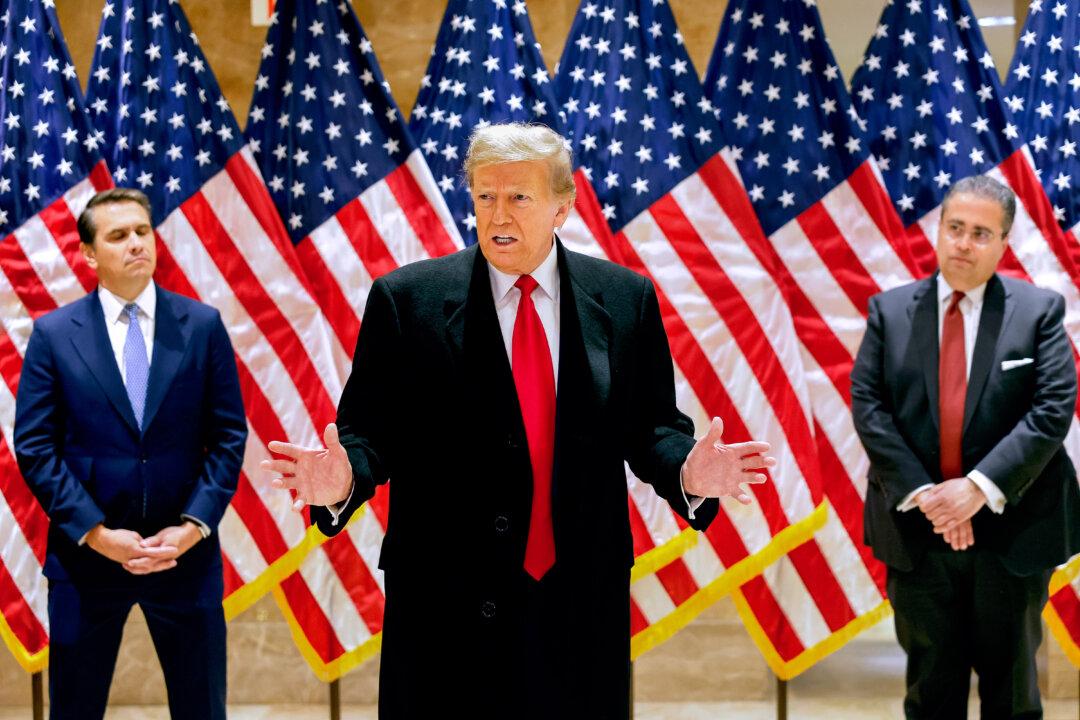With just two weeks to trial, attorneys for former President Donald Trump are renewing their efforts to request a judge’s recusal after clashing over a gag order.
On April 1, the defense filed a pre-motion letter seeking leave from the court to file a motion for recusal, citing “changed circumstances and newly discovered evidence.”





